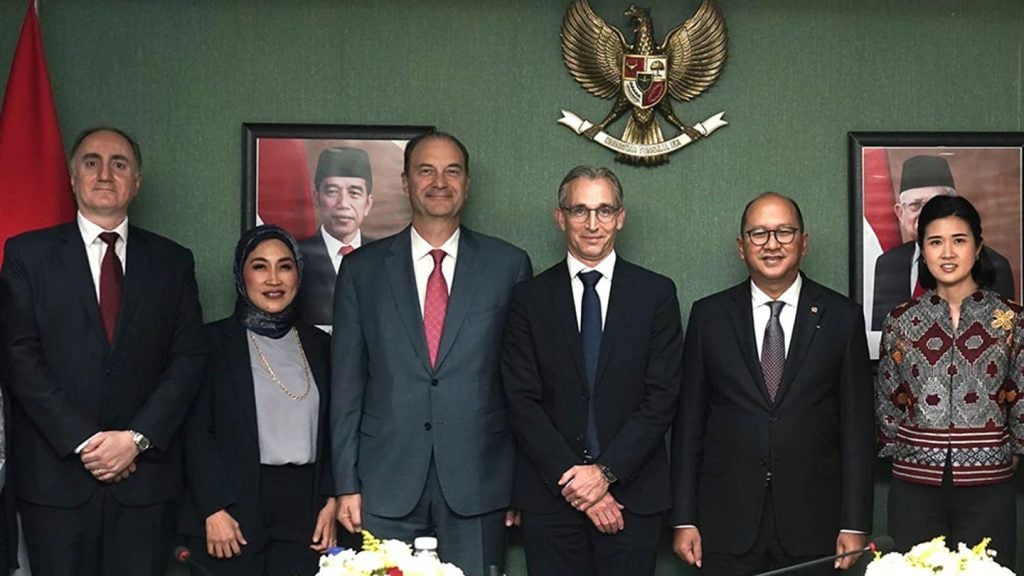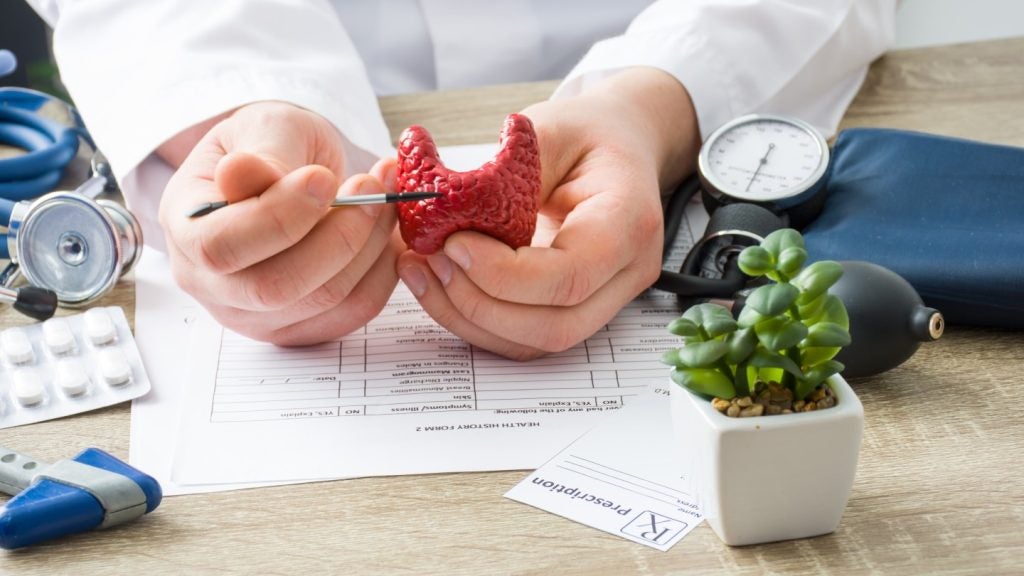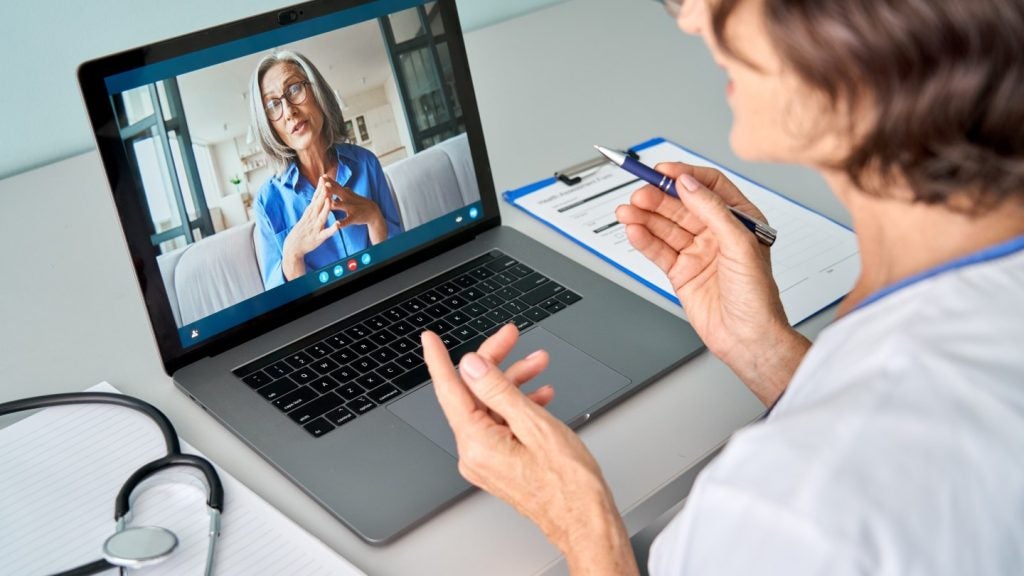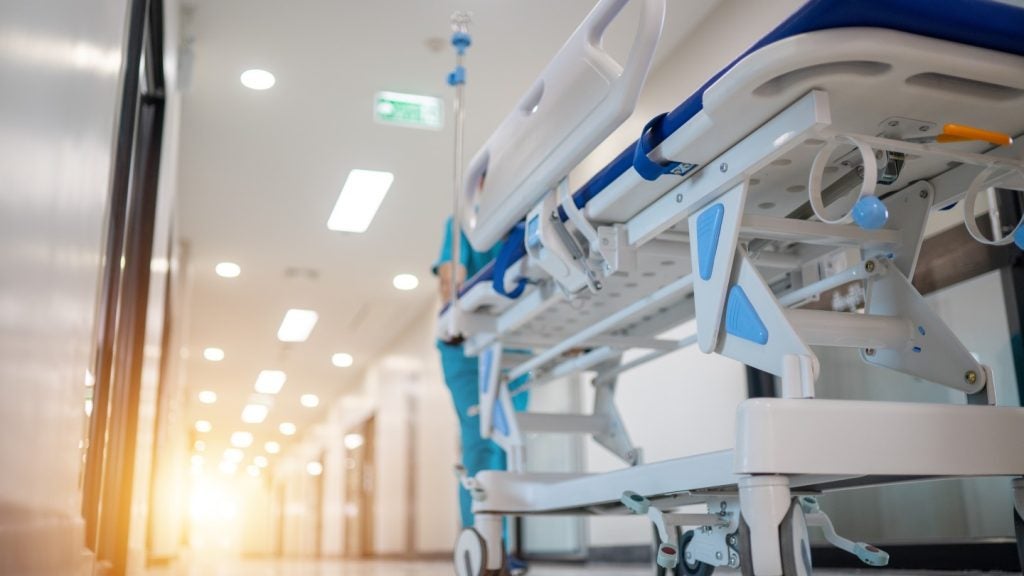Health technology company Royal Philips has partnered with Indonesian private healthcare provider Siloam Hospitals Group to expedite artificial intelligence (AI) capabilities and develop Indonesia's healthcare sector.
In partnership with the Universitas Pelita Harapan (UPH) Medical Sciences Group, the collaboration will focus on capacity development, knowledge sharing and the deployment of advanced AI solutions.
It will utilise AI technology to transform clinical care and digital health, improve healthcare delivery and create a more sustainable healthcare infrastructure.
The collaboration will also support the Indonesian government’s healthcare strategy to increase access to services, improve clinical outcomes and adopt digital advancements.
Philips plans to deploy its advanced AI solutions across Siloam Hospitals, focusing on improvements in pathology, radiology, interventional cardiology and clinical operations.
The agreement aims to enhance local AI and digital health expertise by partnering with UPH Medical Sciences Group, as well as providing training for healthcare workers, IT experts and UPH students to use AI in medicine.
Siloam Hospitals Group deputy president director Caroline Riady said: “This partnership with Philips, Siloam Hospitals and Universitas Pelita Harapan is a significant milestone in our journey to bring advanced healthcare technologies to Indonesia.
“By investing in AI capability and sharing global expertise, we are helping to build a smarter, more efficient healthcare system that will benefit millions of Indonesians and support the national healthcare agenda.”
Philips will partner with Siloam Hospitals and UPH to integrate its advanced practices and strategies, with the aim to develop customised, scalable healthcare solutions for Indonesia.
Siloam Hospitals will enhance its healthcare services in Indonesia by incorporating AI into its management systems.
Philips will work with Siloam Hospitals to enhance its environmental, social and governmental (ESG) efforts, focusing on sustainable supply chain, environmental care, workplace equality and broader healthcare access and education.















